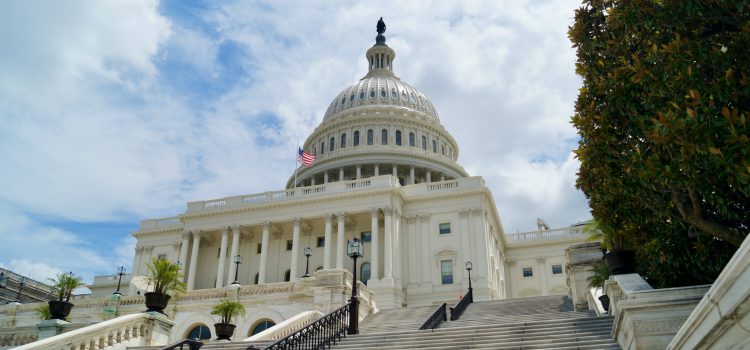
Climate change is one of the most pressing issues facing humanity today, and it’s having a significant impact on the world we live in. From rising sea levels to more frequent extreme weather events, the effects of climate change are being felt in virtually every sector of the economy. One industry that’s particularly vulnerable to these changes is real estate.
According to a report by the Urban Land Institute, climate change poses significant risks to real estate investors and developers. These risks include physical risks such as rising sea levels, flooding, and wildfires, as well as transition risks, such as changes in regulations and shifts in consumer behavior.
Physical Risks to Real Estate
The physical risks of climate change are perhaps the most obvious and immediate threat to real estate. Rising sea levels, for example, are already having an impact on coastal properties. A report by the Union of Concerned Scientists found that by 2045, nearly 300,000 coastal homes in the United States could be at risk of chronic flooding, with Florida, New Jersey, and New York among the states most at risk.
In addition to coastal flooding, climate change is also contributing to more frequent and intense wildfires in areas prone to drought. This not only puts homes at risk of damage or destruction, but it can also make it more difficult and expensive for homeowners to obtain insurance.
Transition Risks to Real Estate
In addition to physical risks, climate change is also creating transition risks for the real estate industry. As governments and consumers become more aware of the impact of climate change, they’re likely to demand greater action to reduce greenhouse gas emissions and address the root causes of climate change.
This could lead to regulatory changes that could impact real estate development and investment. For example, there could be stricter building codes and zoning regulations aimed at reducing carbon emissions or limiting development in high-risk areas.
In addition, as more consumers become aware of the impact of climate change, they may become more discerning in their real estate decisions. Properties that are perceived as being at greater risk from climate change could become less desirable, while properties that are seen as being more sustainable could see an increase in demand.
What Real Estate Investors and Developers Can Do
Given the risks posed by climate change, what can real estate investors and developers do to protect their investments and mitigate the impact of climate change? The Urban Land Institute report offers several recommendations:
- Assess the physical risks of climate change to properties and incorporate these risks into investment decisions.
- Develop adaptation strategies to protect properties from the impacts of climate change.
- Support policies and regulations that promote sustainable development and reduce greenhouse gas emissions.
- Work with insurance providers to develop new products that address the risks posed by climate change.
- Incorporate sustainability features into new developments to make them more attractive to consumers.
In Conclusion
Climate change is having a significant impact on the real estate industry, and it’s important for investors and developers to take steps to protect their investments and mitigate the risks posed by climate change. By assessing the physical risks of climate change, developing adaptation strategies, supporting sustainable development, working with insurance providers, and incorporating sustainability features into new developments, the real estate industry can play a role in mitigating the impacts of climate change and creating a more sustainable future.










